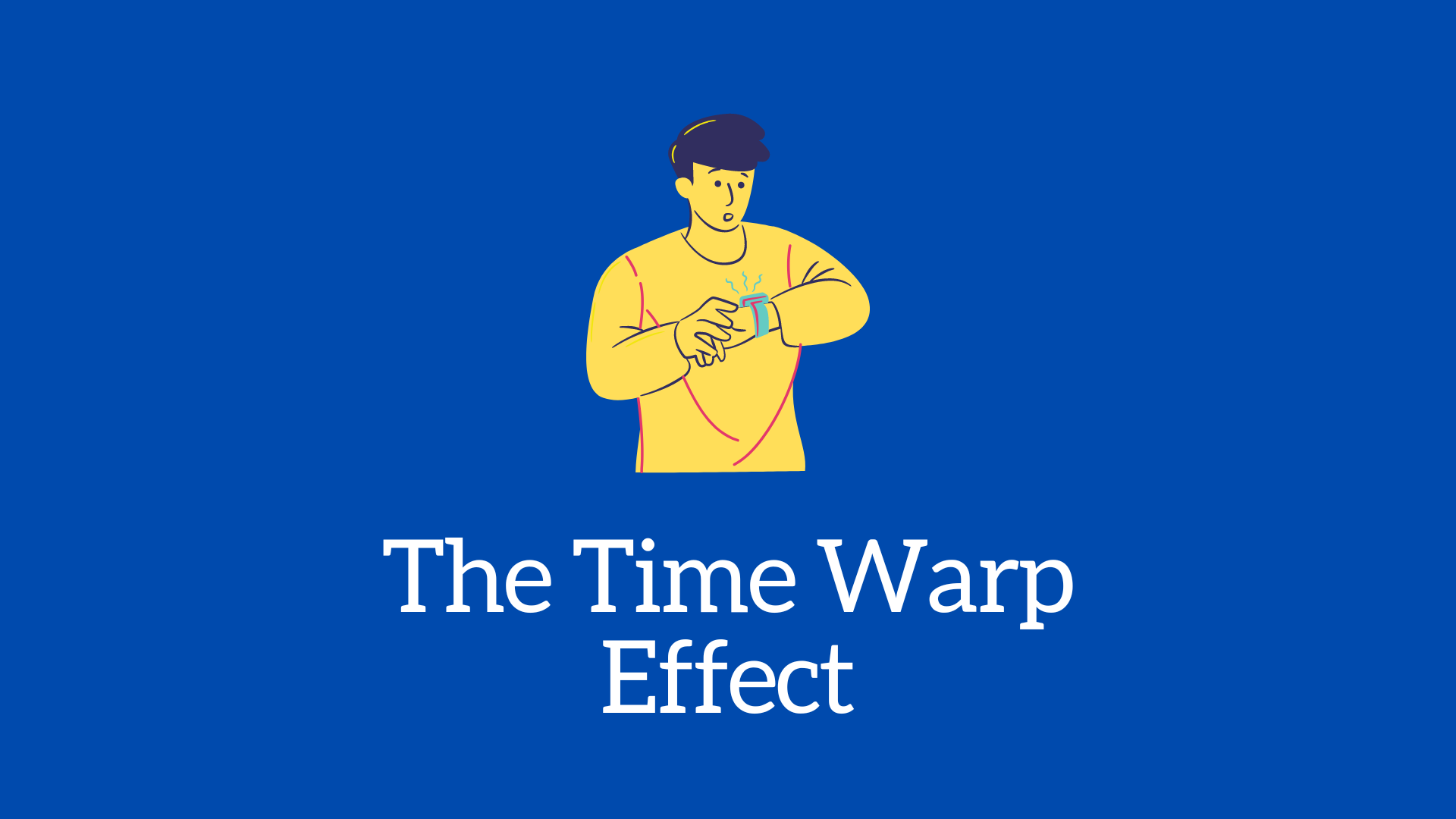Time flies when you're having fun...it also slows when you're not. Hours with friends zoom by in what feel like minutes. Minutes on a bad Zoom crawl by in what feel like hours. This is the relative nature of time.
When we're fearful (or dreading), our brain comes on full alert. Paying attention to every little detail to ensure our survival. We enter slow-motion mode. If you've ever slipped, you've enter this time warp.
Public speaking is notoriously fear-inducing. The judgement, the potential for failure, embarrassment. A five-minute presentation feels much longer. Everything slows down, including your perception of talking speed. This is why the best (and most common) piece of advice for new speakers is to slow down. We talk too fast. Appearing nervous and making it difficult for the audience to keep up.
The audience's experience is the opposite. There's no stress in watching. No nerves, no fear. Time moves faster for them. This creates an interesting delta in the time perception between the two. Which is even more reason to slow down. Your fast talk is even faster for them.
Slowing down, pausing, even to the point of feeling to too slow will lead to a normal, confident talking speed for those watching. Even when you're in the same room, you're in different time zones. Adjusting accordingly will enable you to better connect.


Comments
Post a Comment